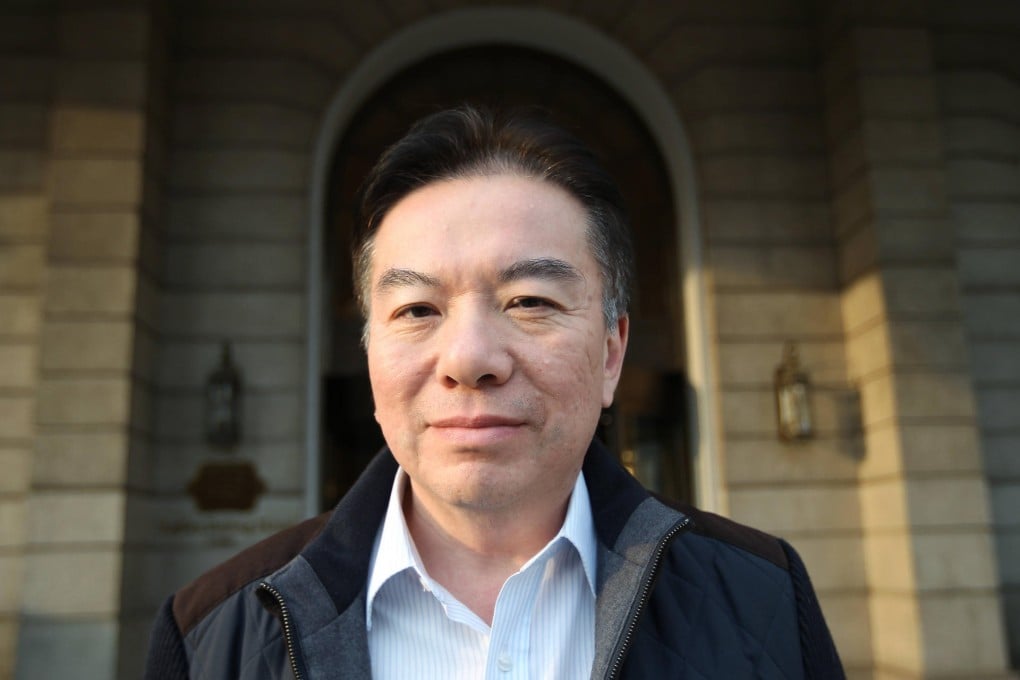New rights for Hong Kong employees on pensions
Changes are afoot to grant about 2.5 million Hongkongers the right to choose which trustee manages their companies' contributions to their retirement savings - on top of picking the trustee for their own contributions.

Changes are afoot to grant about 2.5 million Hongkongers the right to choose which trustee manages their companies' contributions to their retirement savings - on top of picking the trustee for their own contributions.
The move will let employees opt for investment schemes that charge lower fees or are more assured of returns than those their employers sign up to, the incoming chairman of the city's regulator of retirement funds said.
Both employer and employee must each pay 5 per cent of the employee's salary to a trustee under the Mandatory Provident Fund, which the employee can take out only when he or she hits 65, leaves the city permanently or loses the ability to work.
"Hongkongers generally change jobs quite often," Dr David Wong Yau-kar, who succeeds Anna Wu Hung-yuk as chairman of the Mandatory Provident Fund Schemes Authority on Tuesday, told the in an exclusive interview in Beijing.
"It is important [to reform so] the employee's MPF, the savings plan, won't be affected by changing jobs," he said, such as in cases where the new employer paid out to an investment scheme with a higher fee or more volatile returns than its worker would like. Wong defined the intended change as a top priority. No implementation date has been announced.
Wong said he would meet the authority's managing director Diana Chan Tong Chee-ching and government officials when he returned to Hong Kong tomorrow.
A "semi-portability" arrangement started in November 2012, giving workers the right to transfer MPF benefits accumulated under their own contributions to a trustee and scheme of their choice. Last year, Wu said the government had asked the authority to draw up a plan by early next year on introducing full portability, which would let employees transfer their companies' contributions as well.
